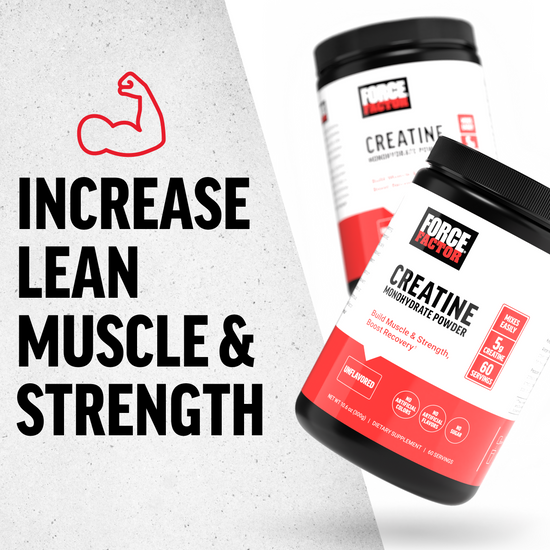Not known Facts About Creatine Monohydrate
Not known Facts About Creatine Monohydrate
Blog Article
Creatine Monohydrate Things To Know Before You Get This
Table of ContentsCreatine Monohydrate Things To Know Before You Get ThisRumored Buzz on Creatine MonohydrateLittle Known Questions About Creatine Monohydrate.
The crucial takeaway is that An interesting organized review wrapped up an unfavorable correlation between creatine monohydrate supplements and VO2 max. The writers recognize a risk of predisposition with the study styles because of a requirement for even more clearness over randomization with almost all researches consisted of. Just 3 of the nineteen research studies thoroughly detailed the assessment of VO2 max - Creatine Monohydrate.
If weight gain via liquid retention is a problem, quit taking creatine 1-2 weeks before racing to offset liquid retention while maintaining boosted creatine shops. Some individuals experience stomach pain when taking creatine, such as bloating, cramping, or looseness of the bowels.
It's recommended to use it in powder type. Issues about the long-lasting effects of go creatine monohydrate supplements on renal (kidney) function have been increased.
About Creatine Monohydrate
None of the researches explored triathletes. The adverse impacts reported in the researches connected to weight gain. As pointed out, a hop over to these guys lot of the researches used a higher-dose loading method (20g+/ day) in a short duration that can be offset and avoided through a reduced dosage (such as 5g/day) for an extended period.

Let's consider the primary advantages of creatine monohydrate. There is strong, reliable research study showing that creatine enhances health. Overwhelming evidence sustains increasing lean the original source muscle mass, boosting stamina and power, including repetitions, lowering time to fatigue, improving hydration standing, and profiting brain wellness and feature. Every one of these advantages will incrementally award your health and wellness and boost your "healthspan" as you age.
The majority of creatine is kept in the skeletal muscles in a type known
as phosphocreatine, or creatine phosphate. Creatine help in the manufacturing of adenosine triphosphate, or ATP. Even if they never ever lifted a weights, they would certainly still benefit from creatine supplementation.
Report this page